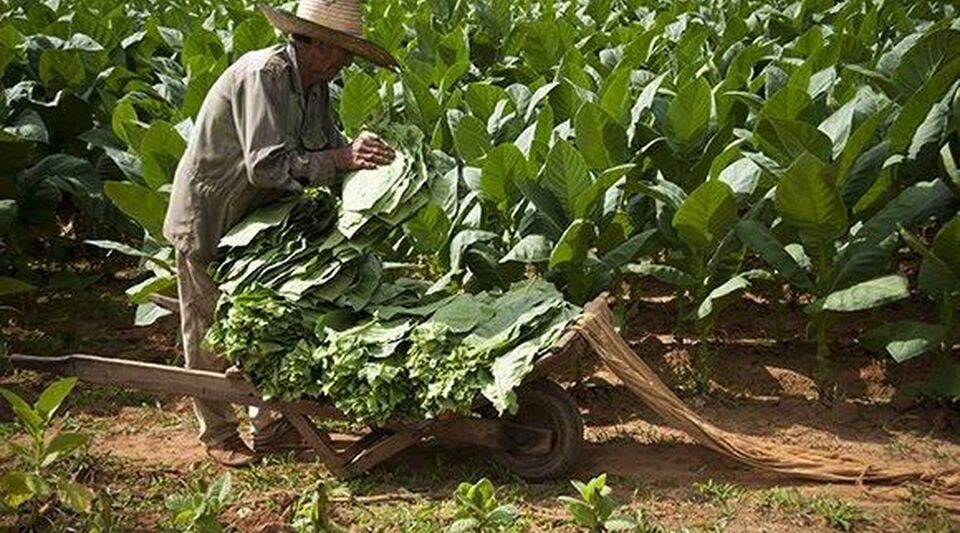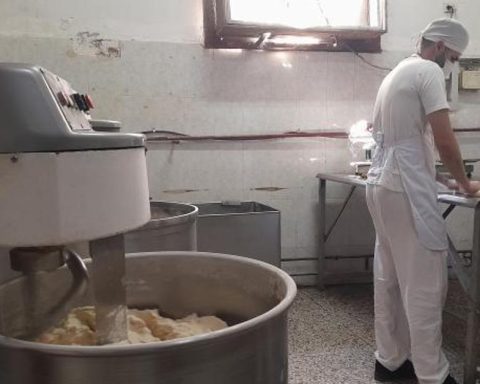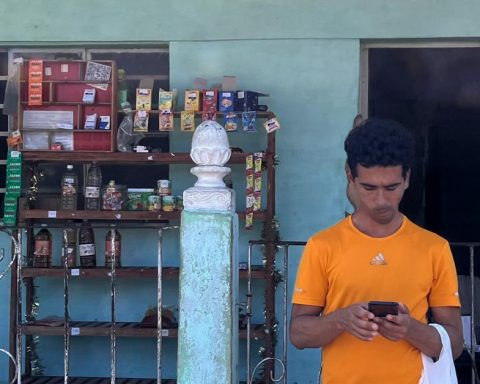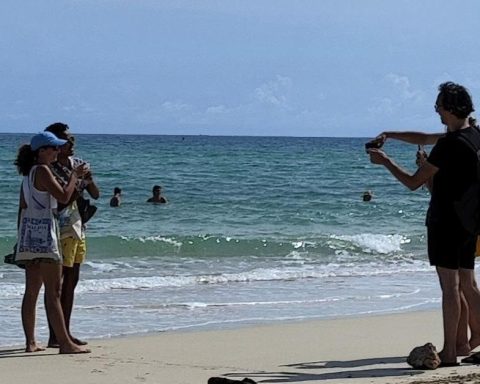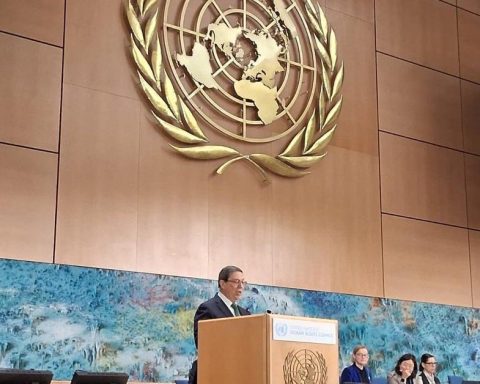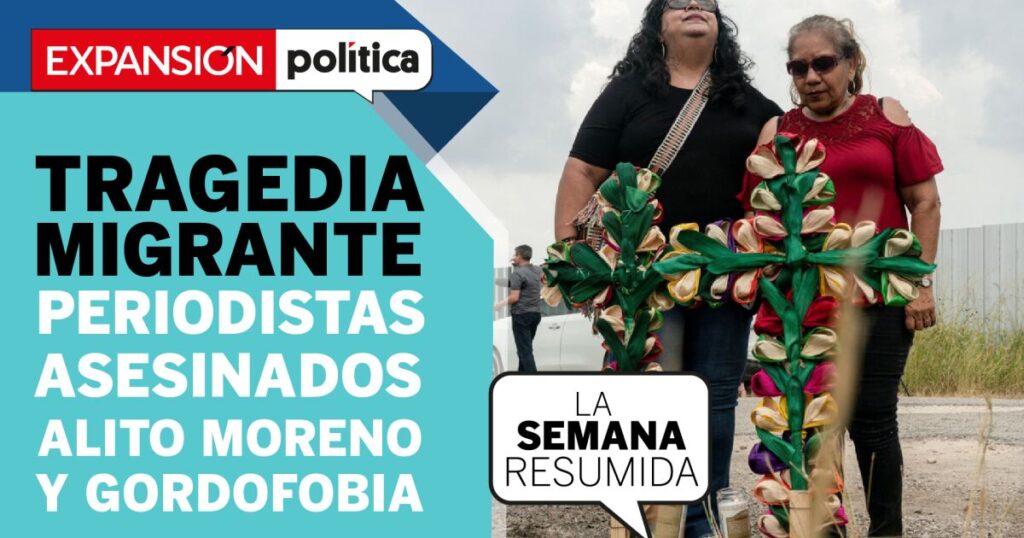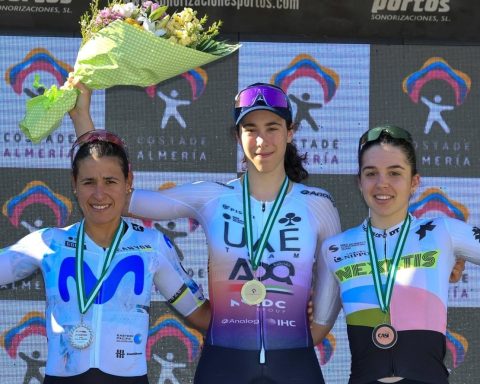Free agriculture, without intermediaries, and the end of the political monopoly of the Communist Party of Cuba (PCC) through multi-party elections were the most voted measures in a recent survey by the Cuban Observatory of Conflicts (OCC). A better Cuba is possible is an initiative launched as a contest last March, in which 1,107 users from all over the island participated through WhatsApp and email.
According to the call for the survey, “Cuba, in a very short time, can reach and surpass many countries in the region,” for which it has “a transnational company that brings together exceptional financial, human and social capital.” He adds that “a common desire for prosperity and freedom governed by a rule of law would put an end to the current spiral of growing misery and would immediately open the door to a new historical stage.”
To this end, the OCC invited the participants to vote among five measures, proposed two years ago by the Association of Independent Farmers and the Latin American Federation of Rural Women (Flamur-Cuba) to promote agricultural development on the island.
With 76% approval and 841 responses, users placed the fourth demand “to put an end to the communications monopoly, today under the control of a Gaesa company”
The 96% approval of the votes (the equivalent of 1,062 responses) fell on the proposal to “allow peasants to be true owners of the land, freely sow and market their crops, without intermediary Stockpiling and with access to state credits and private, national and international.
Following in votes (84%; 929 responses) was the request to break the PCC’s political omnipotence, “legalizing political parties” and holding “free elections.” Also linked to excessive state control over the means of production, the next most popular measure (81%; 896 responses) calls for “removing all bureaucratic and legal obstacles to the development of Cuban private entrepreneurship.”
This proposal points directly to the well-being of the self-employed and entrepreneurial sector, and demands “to legalize companies and businesses so that they can trade immediately and directly with the world, including the United States,” since “the embargo does not prevent it if in each case it is shown that these are private companies with no ties to the government”.
With 76% approval and 841 responses, users placed the fourth demand “to put an end to the communications monopoly, today under the control of a Gaesa company” (the Business Administration Group, SA). It is this conglomerate that manages Etecsa, the Cuban Telecommunications Company, SA, which is required to “lower Internet prices and thus contribute to business development and general education.”
Finally, with 68% of the votes (753 responses), the participants recommended “the free development of cultural production, the so-called ‘orange economy’ (everything that has to do with copyright, from movies, music, handicrafts and books to patents)”.
In addition to these five proposals, users had the opportunity to develop their own measures and argue their selection from the previous ones. The OCC published some of these comments.
A user from Camagüey indicated that the end of the PCC monopoly is key to the progress of the country: “That is the root of all the ills that afflict our society. It is not necessary to invent new measures”
According to these data, 18% of the participants not only criticized Etecsa’s management, but also saw the disappearance of the Gaesa conglomerate as necessary or at least public accountability for its administration.
A user from Camagüey indicated that the end of the PCC’s monopoly is key to the country’s progress: “That is the root of all the ills that afflict our society. It is not necessary to invent new measures. All the pieces will fit together like a puzzle”, he claimed.
Other claims of interest had to do with the creation of a genuine Rule of Law, where the division of powers is verified; freedom of religion, expression and association; the replacement of the current Constitution of the Republic; the dissolution of organizations with a false character of civil society, such as the Committees for the Defense of the Revolution (CDR) and the Federation of Cuban Women (FMC); the possibility of receiving remittances from abroad in internationally accepted currencies, such as dollars and euros; and the reduction of tariffs to private companies.
According to the results of the contest, circulated by the OCC on June 30, the experiment was conditioned by “the difficult circumstances in a closed society like Cuba to request information from the population,” despite the fact that participation could be anonymous. Another “distorting factor” was the fact that 15% of the contestants were under the age of 24; 57% between 25 and 54, which reveals that participation was highly dependent on age and access to mobile phones.
The first prize of the contest (500 dollars) was awarded to Mariana, a 27-year-old user living in Villa Clara. The second, endowed with 250 dollars, to the Matanzas user “Cubano Soy”, 29 years old. Given the number of participants, the organizers decided to offer a third prize (consisting of 100 dollars) to 10 contestants from different provinces, and double the mentions, rewarded with telephone recharges worth 25 dollars.
The Cuban Observatory of Conflicts, manager of this initiative, is an autonomous project of civil society that is supported by the Foundation for Human Rights in Cuba. Its mission is “to expose, educate and empower citizens willing to take initiatives to promote the solution of the problems that afflict Cuban society.”
________________________
Collaborate with our work:
The team of 14ymedio is committed to doing serious journalism that reflects the reality of deep Cuba. Thank you for joining us on this long road. We invite you to continue supporting us, but this time becoming a member of our journal. Together we can continue transforming journalism in Cuba.
